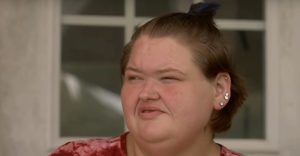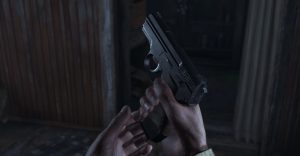Never Have I Ever: The 10 Saddest Things About Devi
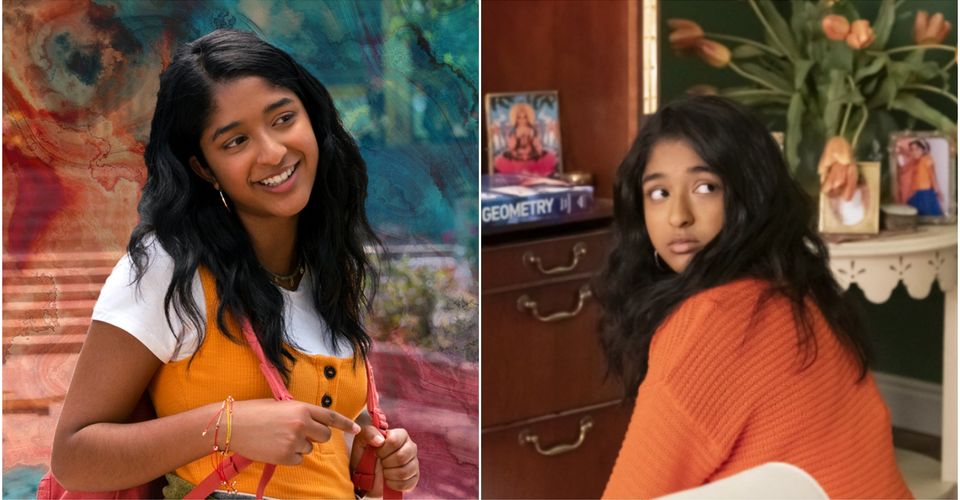
Never Have I Ever, the 2020 comedy created for Netflix by Mindy Kaling and Lang Fisher, was definitely one of the year’s best new breakout hits. Much of this was due to the immaculate characterization of Devi Vishwakumar (Maitreyi Ramakrishnan). An empathetic performance brought a nuanced, complicated teenager to life in one of the streamer’s top coming-of-age series to date.
Part of what made Devi such a great character to root for, however, was the aching sadness lurking behind so many of her scenes and arcs in the first season of the show. While the second season remains highly anticipated going forward, it’s worth reflecting on the saddest aspects of Devi with consideration as to how she will manage them in the future.
10 Two Quality Choices

One of the best achievements by Never Have I Ever was the love triangle created between Devi, Paxton (Darren Barnet), and Ben (Jaren Lewison). They are all genuinely likable characters and there are quality arguments for being Team Devi, Team Paxton, or Team Ben.
Yet, there is sadness in this. Devi has such dynamite chemistry with both Paxton and Ben that it is slightly gutting to think about how she can’t end up with both of them. On the surface, it might seem like a good problem to have, but either way, there will be sadness in the wake of Devi’s choice.
9 Insecurity

Before she ever had these two quality options, though, Devi’s insecurity was one of her defining characteristics. She so desperately wanted to seem “cool” that she went to absurd lengths to try to get a boyfriend, including forcing her friends to do so, too.
There is a sad element of desperation to “reinvent” herself after her time in the wheelchair, but the saddest aspect is that she projects that insecurity onto her friends, as well.
8 Eleanor And Fabiola’s Dynamic

Based on Devi’s background, it definitely makes logical sense why she would act this way. She’d been dealt tougher blows than most kids her age. Over time, it manifests too overwhelmingly in her friendship with Eleanor (Ramona Young) and Fabiola (Lee Rodriguez), who tell Devi they need a break from her.
Obviously, they’re right to respectfully need this space, but it’s still sad to think about. Friends in a group will always have individual dynamics with one another, but the notion that Eleanor and Fabiola could move on without Devi is an assuredly sad one.
7 Uprooting To India

It’s an even sadder thought when Devi learns that she might be uprooted to India and taken away from the life she knows and loves at home. That would give her friends a definite opportunity to grow distant from her.
Not to mention, Devi is fifteen and would likely be sixteen by the time a move to India went through. She’s almost an adult, and she’d have to start over with no real say in the matter? It’s entirely unfair and deeply upsetting and sad to consider this happening (especially since it’s still up in the air when season one wraps).
6 Overbearing Mother

The decision to move back to India is one that is made almost entirely by Devi’s mother (Poorna Jagannathan) without considering the feelings of others. This is the biggest domino in an ongoing tumble of Nalini being an extremely overbearing figure in Devi’s life.
Essentially, she provides Devi with no freedom or agency of her own. It’s a deeply sad thing when Devi does not even feel comfortable confiding in her own mother.
5 The Forgiveness Onus Is On Her

Still, Devi manages to find room in her heart to experience a breakthrough on the beach with her mother when spreading the ashes of her father (Sendhil Ramamurthy). It’s just sad that the onus of forgiveness was somehow on Devi.
Yes, Devi reacted impulsively when moving out of the home with her mother and her cousin, Kamala (Richa Moorjani). But Nalini should have recognized that she still had work to do to hear Devi out and consider her feelings for once. Instead, Devi is sadly portrayed as the “problem child” in a situation that’s out of her control.
4 Kamala And Hypocrisy
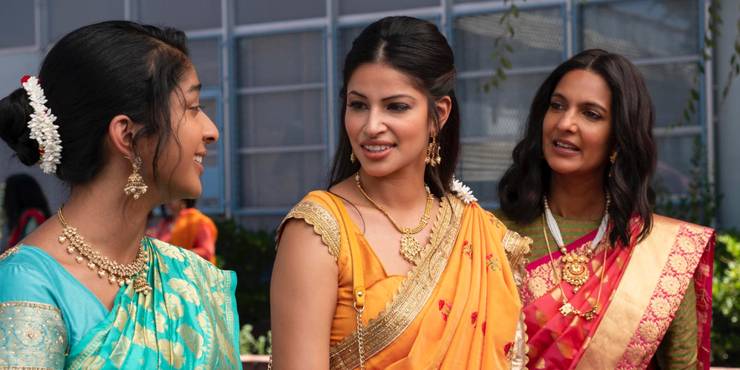
This situation is worsened by the fact that Kamala is not subject to many of the same rules and expectations Devi is. Granted, Kamala is not Nalini’s child, but it still comes across as hypocritical time and again.
When Devi sees Kamala subject to fairer rules than she is, it contributes to the idea that Nalini prefers her niece to her own daughter. Nalini may claim to not play favorites, but Devi’s insecurity can be ascribed to the relationship she has with Nalini, too.
3 Feeling Hated
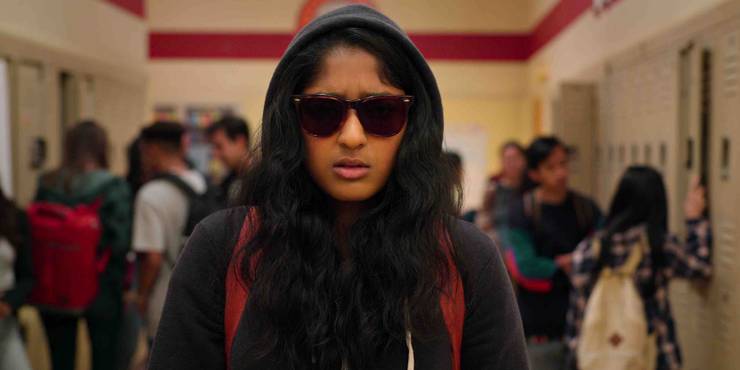
Not to mention, it also leads Devi to feel that her own mother hates her. Teenagers always endure growing pains, but no child should ever genuinely feel that their parent hates them. Sadly, Devi truly believes that.
As such, it leads to Devi stating that the “wrong parent” died in a moment when she wanted to hurt her mother’s feelings. It’s heartbreaking because this is a statement that she’ll likely regret for the rest of her life, but it was brought about by a mother who never wanted to consider Devi’s feelings.
2 Loss Of Her Father

Of course, the loss of any parent is going to be one that marks strong sadness within a character. Devi was clearly close with Mohan, her father, and they had a special relationship. To lose that connection at such a young age is a deeply sad notion that not even John McEnroe can bring a whole lot of levity to.
The moments in which Devi tries to process the loss of her father are unbearably heartbreaking. He injected such beauty into her life, and it is sad to watch her wrestle with the idea of keeping that going without him.
1 Stagnant Recovery

As a result of Mohan’s death, Devi suffers a series of trials in the succeeding months that are more than any teenager should have to endure. The stagnancy with which she reconciles the loss of her father is clearly the saddest thing about her because it pervades every aspect of her life.
It leads to her insecurities with her friends and her contentious relationship with her mother. But it also leads her to rebuke some core traits of her own and her paramount hobbies. Losing her sense of self, in addition to losing her father, is just a gutting concept.
About The Author












